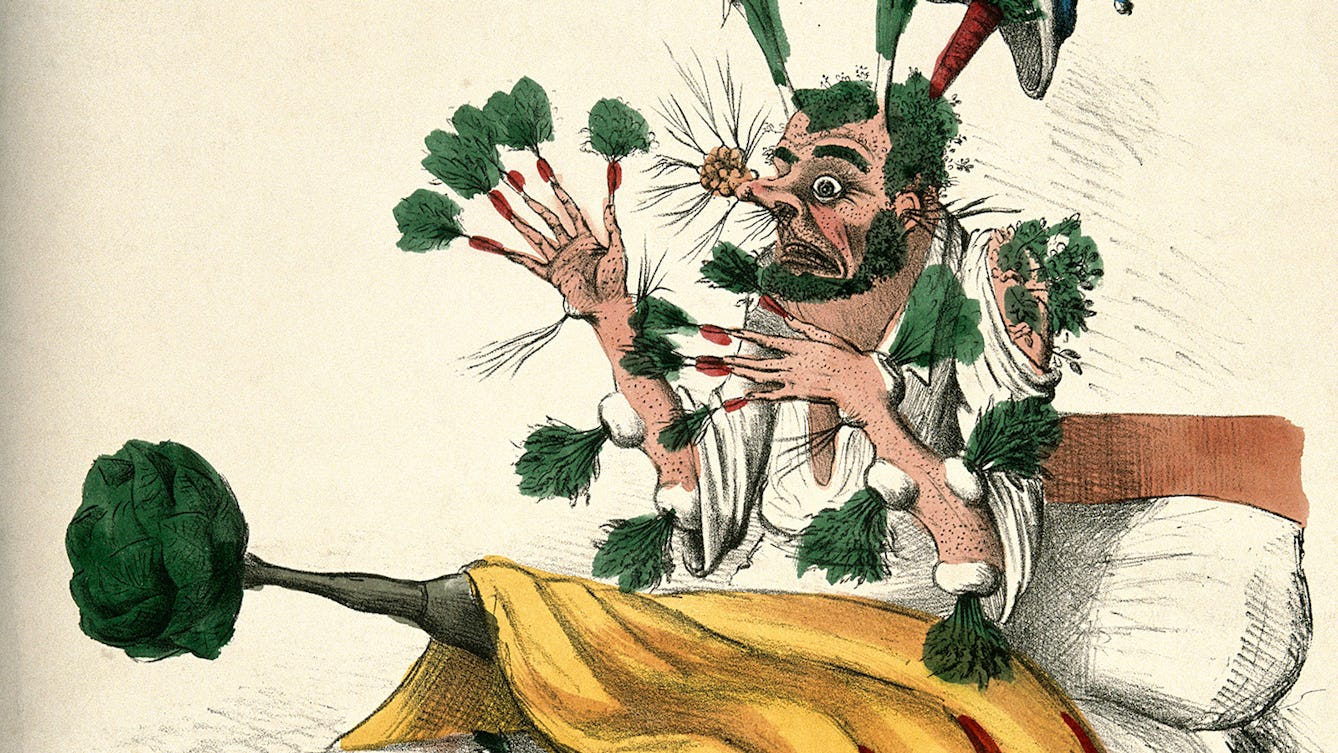
- Article
- Article
Graphic battles in pharmacy
James Morison’s campaign against the medical establishment inspired a wave of caricatures mocking his quack medicine.

- Article
- Article
In celebration of LGBTQ+ comedy
At school, homophobic jokes made Ella Braidwood feel uncomfortable and ashamed. Fast-forward to today’s inclusive comedy scene, and her very different feelings of hope and happiness.
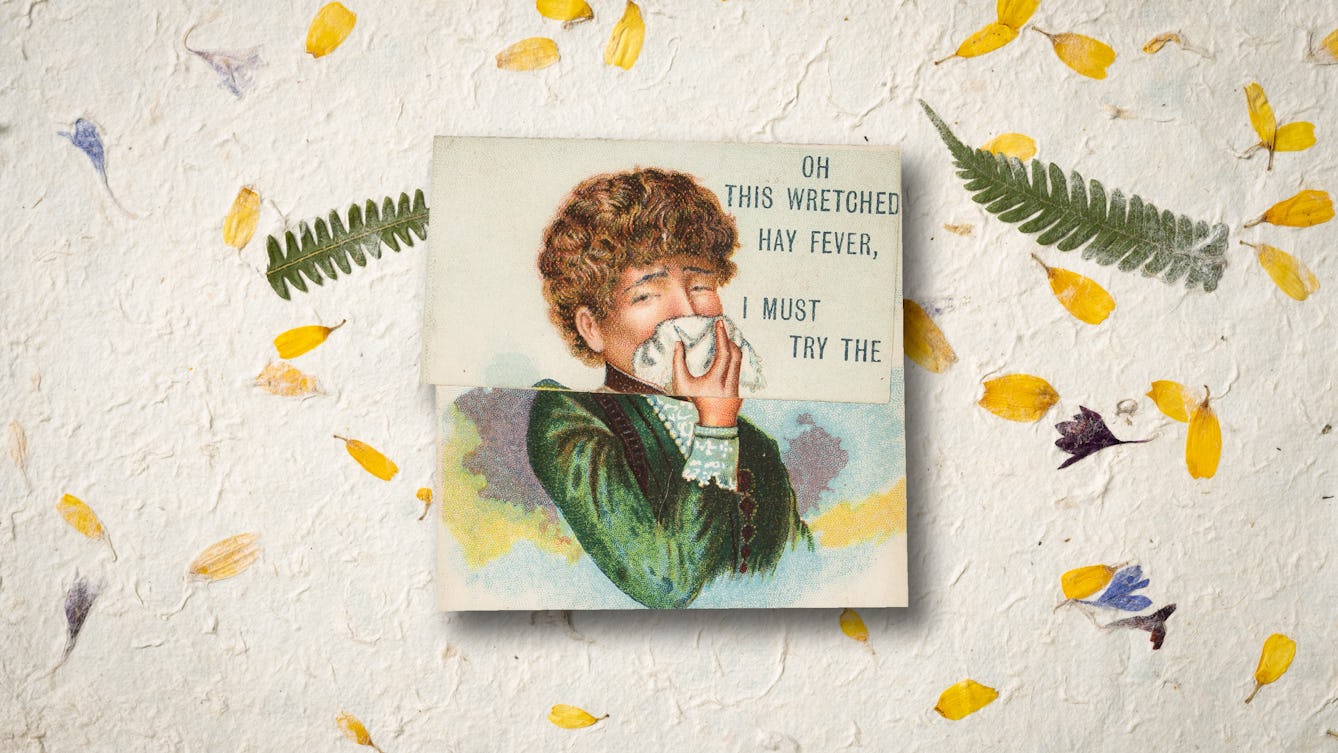
- Article
- Article
The hell of hay fever
After years suffering in silence, David Jesudason finds speaking out about his pollen allergy gives him hope for a future where his hay-fever symptoms are under control.

- Article
- Article
The art of soundproof design
Too much noise is more than annoying – it has serious negative effects on health and cognitive ability. Find out how designers and architects are mitigating the downsides of sound.
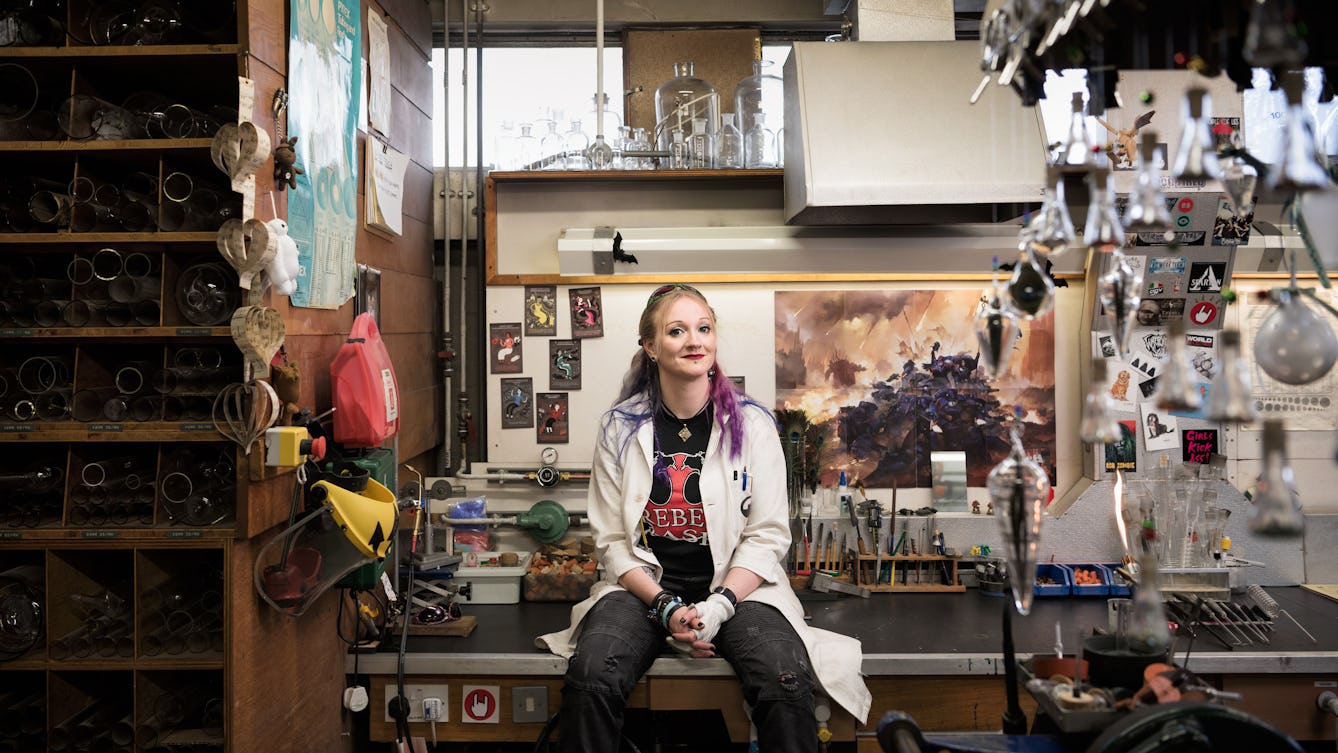
- Article
- Article
The art of scientific glassblowing
Exciting things happen when art, craft, engineering and science collide. Glassblower Gayle Price is proof of that.

- Article
- Article
A symbol of a lost homeland
The story of one protective amulet from Palestine reveals a complex tale. Encompassing the personal history of an influential doctor and collector, it provides a window onto dispossession and exile, and the painful repercussions that are still felt today.

- Article
- Article
In search of the ‘nature cure’
Under the competing pressures of modern life, many of us succumb to mental ill health. Samantha Walton explores why so-called ‘nature cures’ don’t help, and how the living world can actually help us.
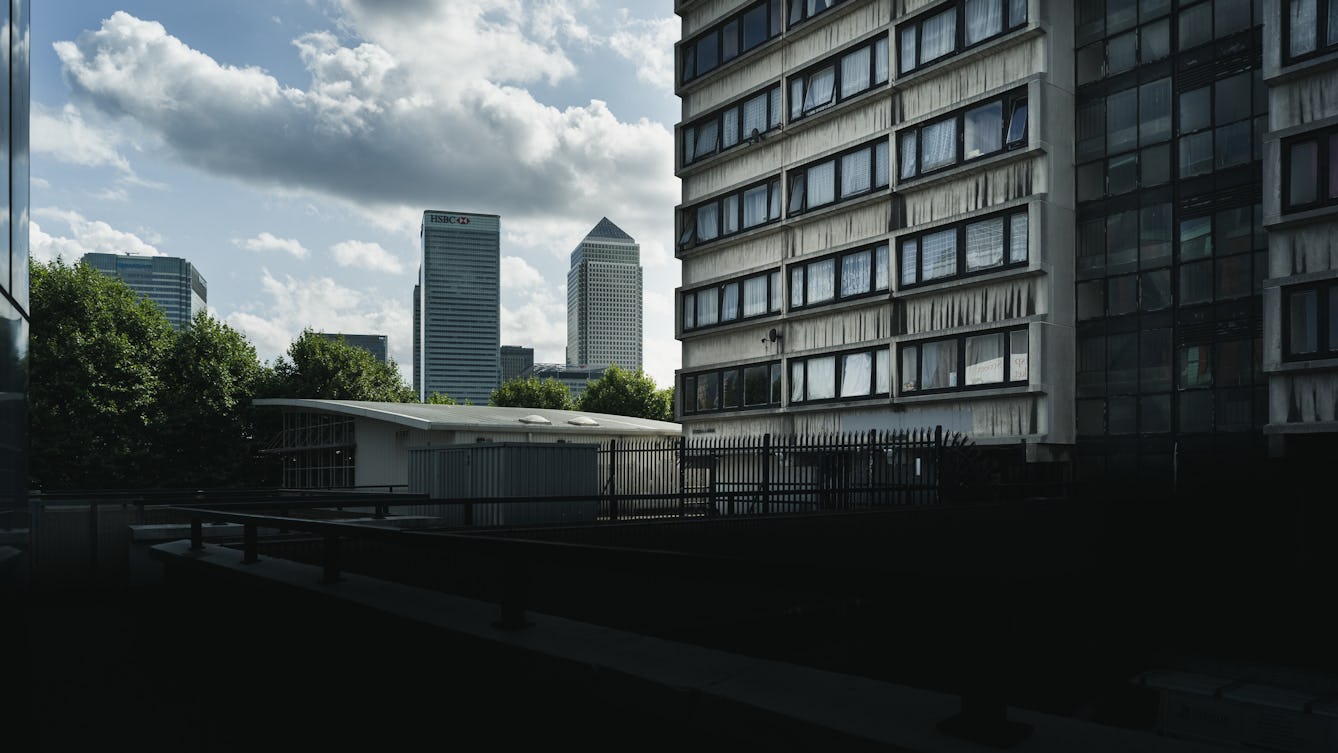
- Article
- Article
How architecture builds a profession of stress
Architects might produce buildings that enhance our health, but at what cost? Kristin Hohenadel explores architecture’s pressurised and stressful culture.
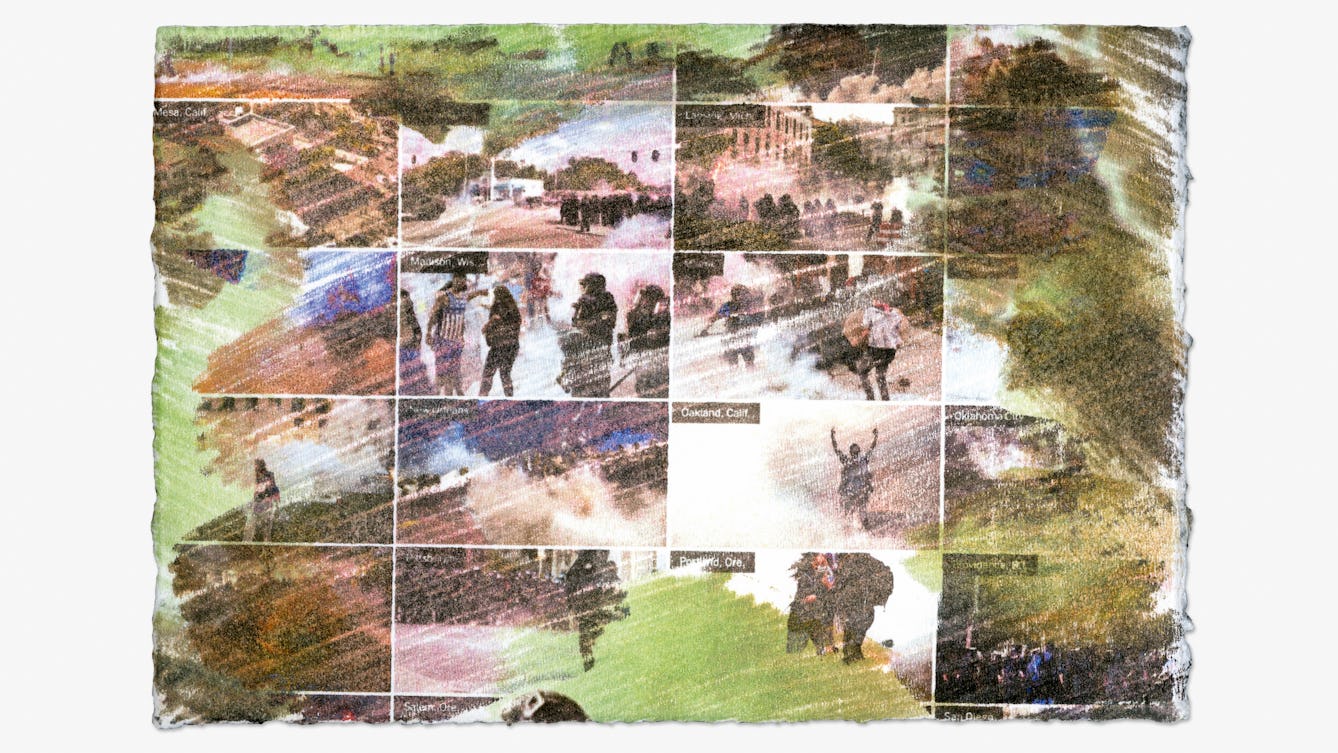
- Article
- Article
Tracing the toxic story of tear gas
Investigating tear gas – from factory to Black Lives Matter protest – Imani Jacqueline Brown uncovers a toxic legacy where pollution, violence and racism are intimately entwined.

- Article
- Article
The secret lives of Britain’s first Black physicians
Dr Annabel Sowemimo explores the web of connections between early Black British doctors, the role of empire in West Africa and the pernicious reach of scientific racism.

- Article
- Article
The unearthly children of science fiction’s Cold War
In the 1950s a new figure emerged in British novels, film and television: a disturbing young alien that revealed postwar society’s fear of the unruly power of teenagers.

- Article
- Article
How music opens the doors of memory and the mind
People living with dementia can often still listen, perform or move to music. What does this tell us about how memories are formed?

- Article
- Article
Eugenics and the welfare state
Indy Bhullar explores the ideas of William Beveridge and Richard Titmuss, who were strongly influenced by eugenic thinking, and yet championed the idea of the welfare state.
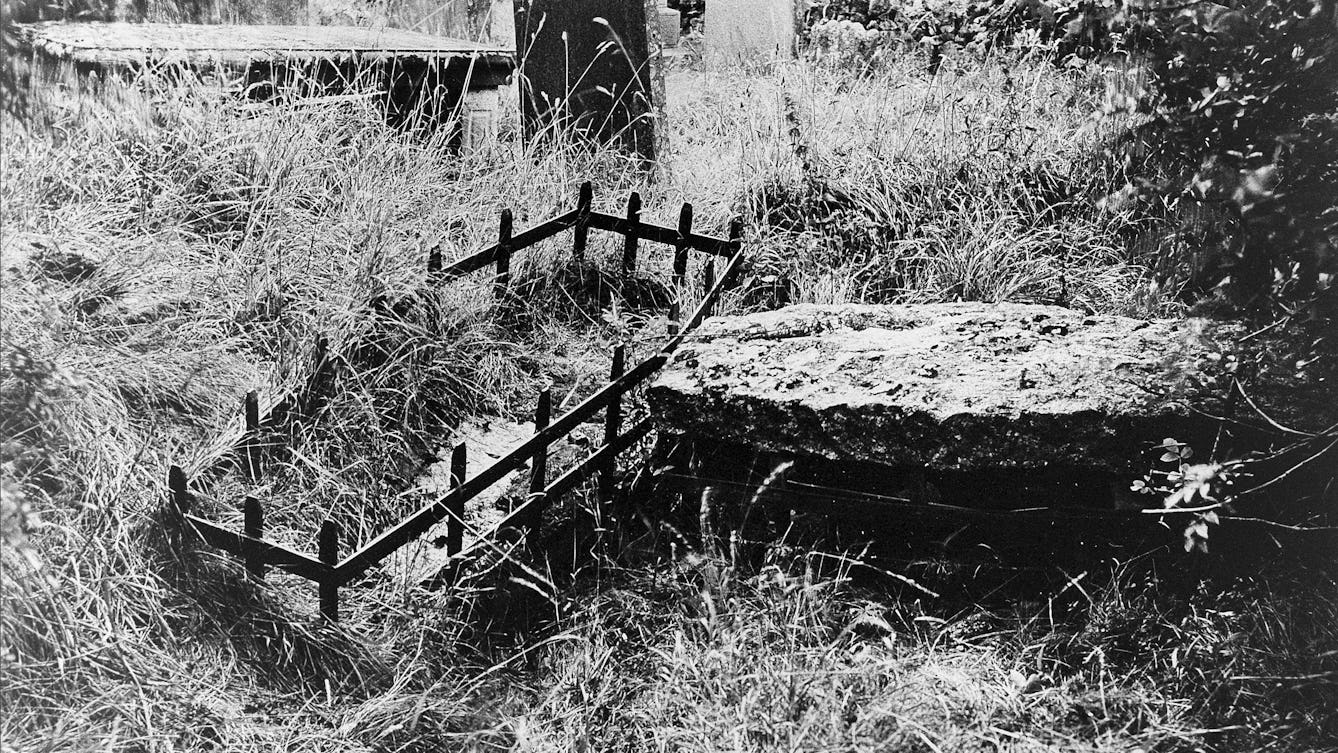
- Article
- Article
Beating the bodysnatchers
When a rise in grave robbing called for strong measures, mortsafes became the unassailable solution. Allison C. Meier explores.
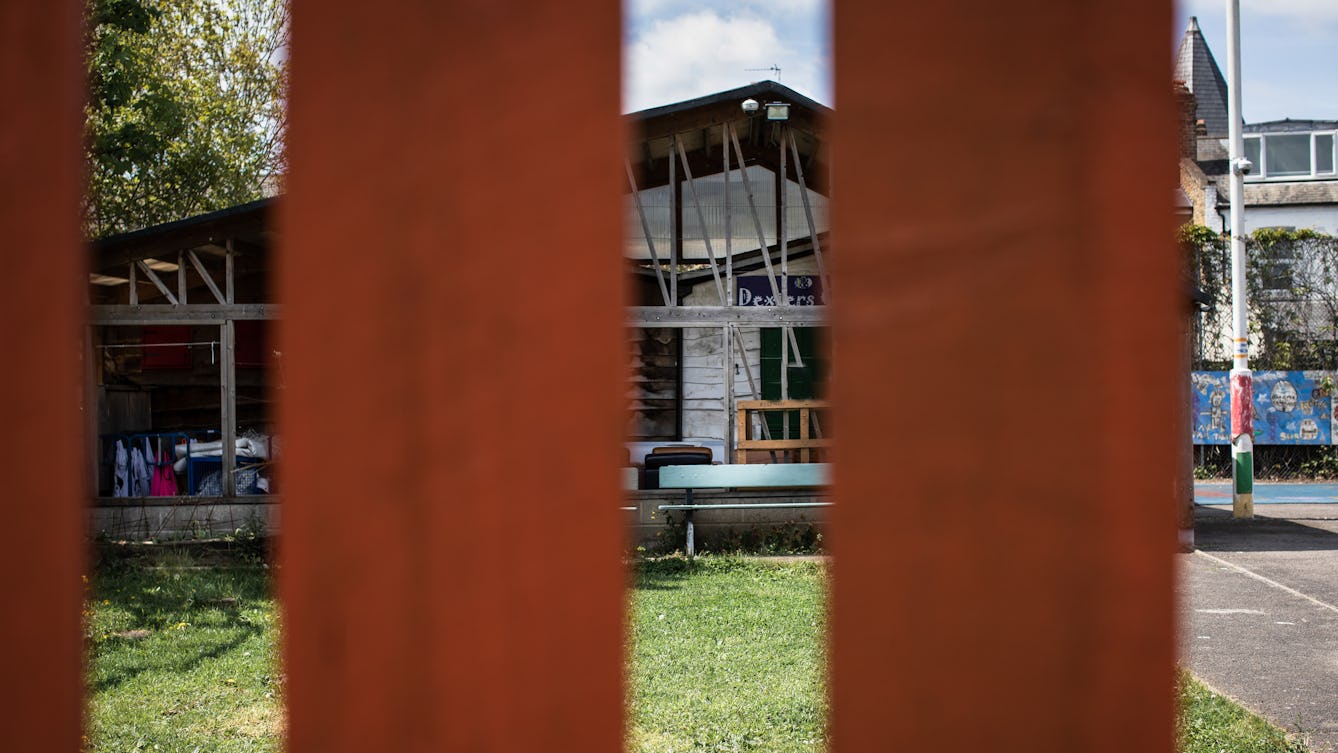
- Article
- Article
Parks and politics in Brixton’s past and present
Gentrification is creeping along Railton Road, but racial inequality still lingers in memories of the 1980s, and in the continuing lack of green-space access.

- Article
- Article
How I escaped my anxiety and depression through architecture and poetry
Social anxiety led him to introversion and silence. The brutalist architecture of London’s Barbican Estate inspired his liberation in poetry.

- Article
- Article
Guerrilla public health
From safe-use guides to needle exchange schemes, Harry Shapiro reflects on 40 years of drug harm reduction in the UK.

- Article
- Article
Intelligence testing, race and eugenics
Specious ideas and assumptions about intelligence that were born during the great flourishing of eugenics well over 100 years ago still inform the British education system today, as Nazlin Bhimani reveals.
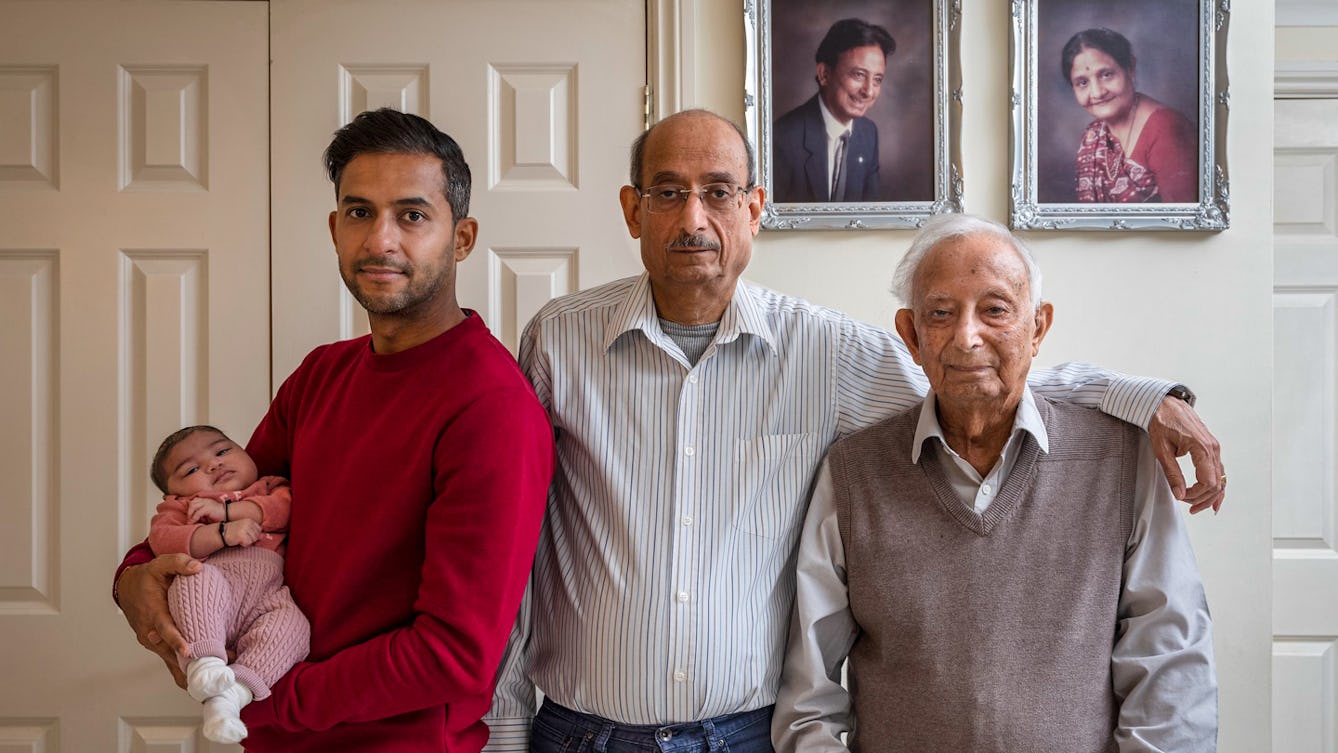
- Photo story
- Photo story
Generation portraits
Photographer Julian Germain’s major project focusing on portraits of multi-generational families came to a sudden halt during the various Covid-19 lockdowns. Here families celebrate coming together again in words and images.

- Article
- Article
‘Jessy’, a film about cerebral palsy
How the 1950s British film industry portrayed this disease.
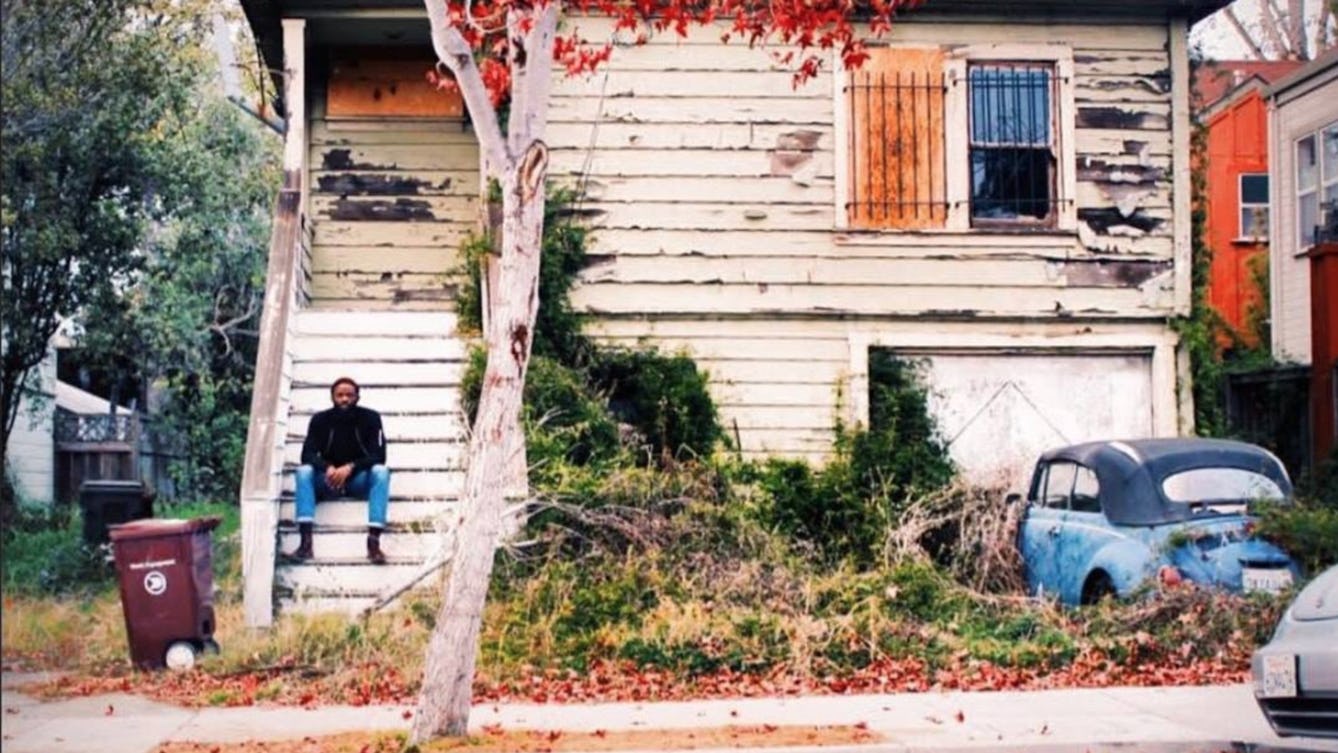
- Article
- Article
We are from here, but not from here
Novelist JJ Bola on being a refugee with a British passport and what that placenessless means for a search for identity.
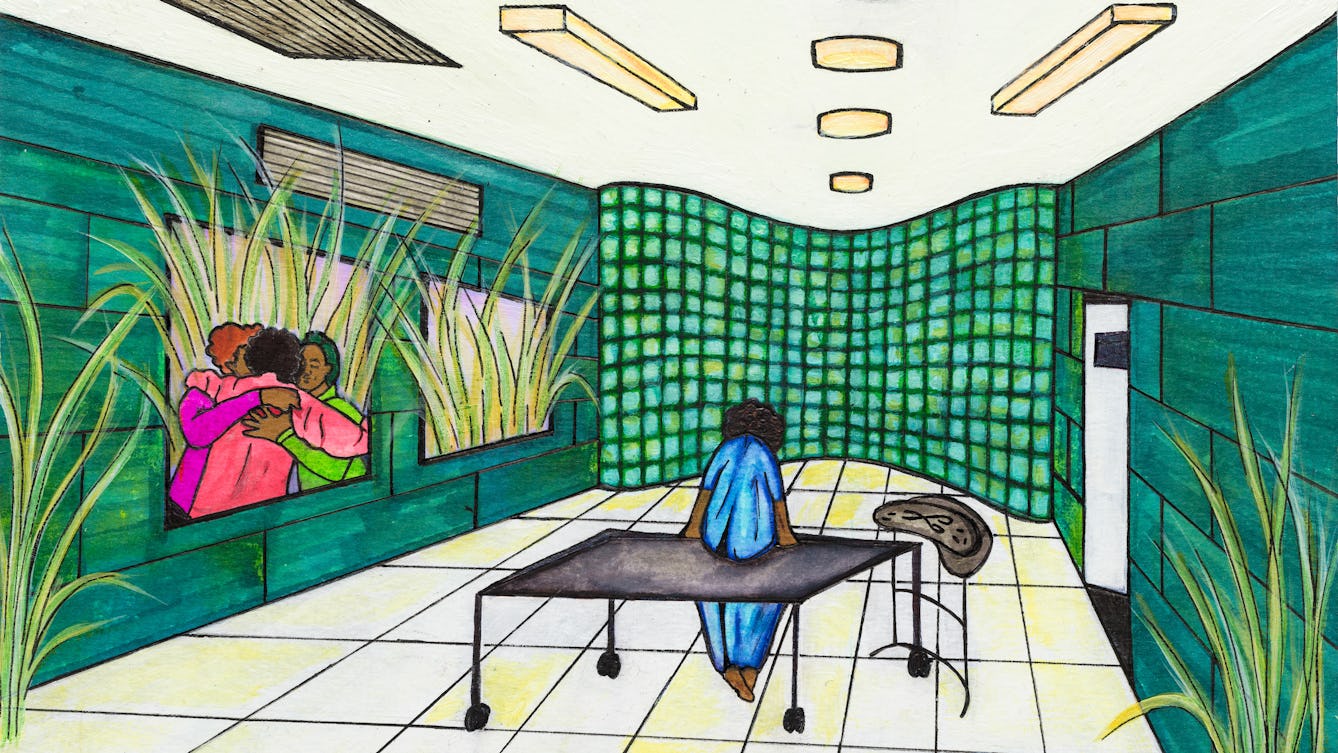
- Article
- Article
What Black women do when the NHS fails them
Sabrina-Maria Anderson explores misogynoir – hatred of Black women – within the NHS, and how women like her are consequently turning to other sources of medical support.

- Article
- Article
Yoga adapts to time and place
A yoga teacher in 1930s India inspired today’s transnational practice with his spectacular fusion of tradition and innovation.

- Article
- Article
How the magician’s assistant creates the illusion
Without breaking the spell, performer Naomi Paxton reveals the subtle ways the magician’s assistant helps the audience to keep believing.
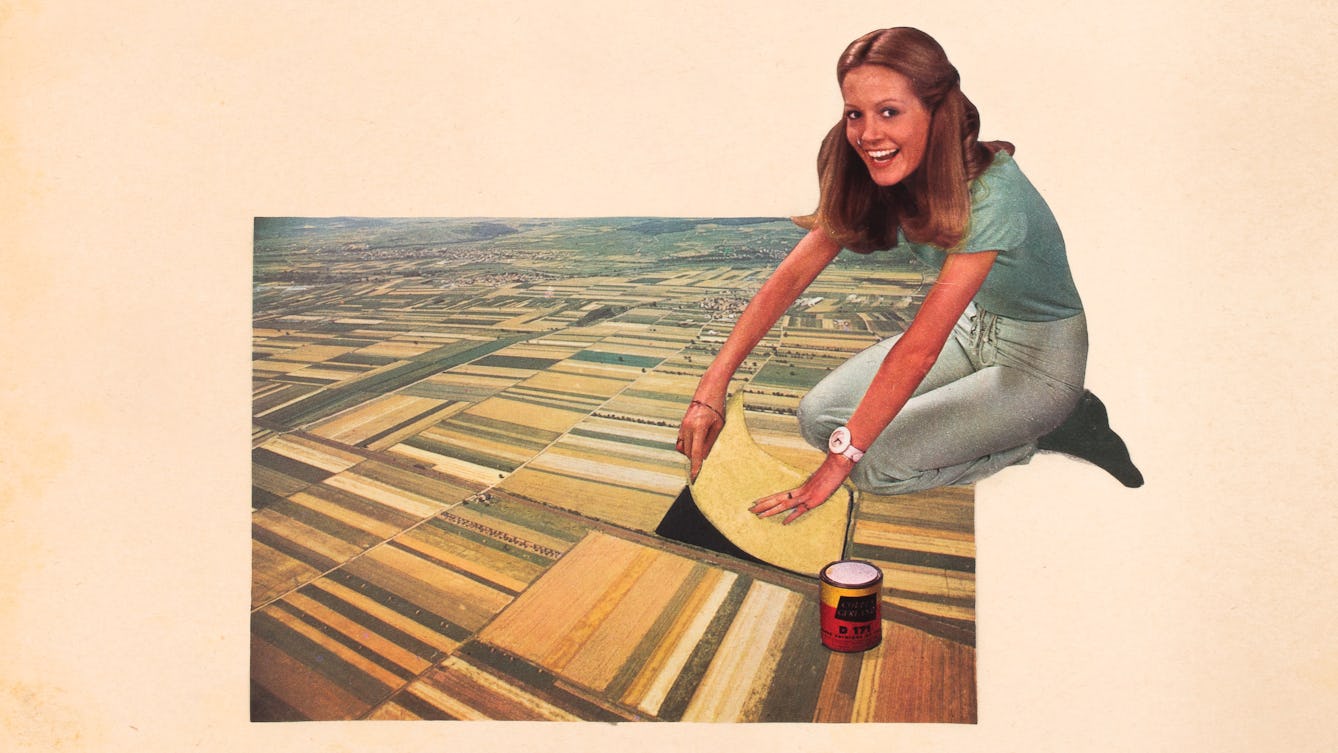
- Article
- Article
Laughing at disaster
If joking around can help us cope when the worst happens, could comedy be a useful way to connect on climate change?